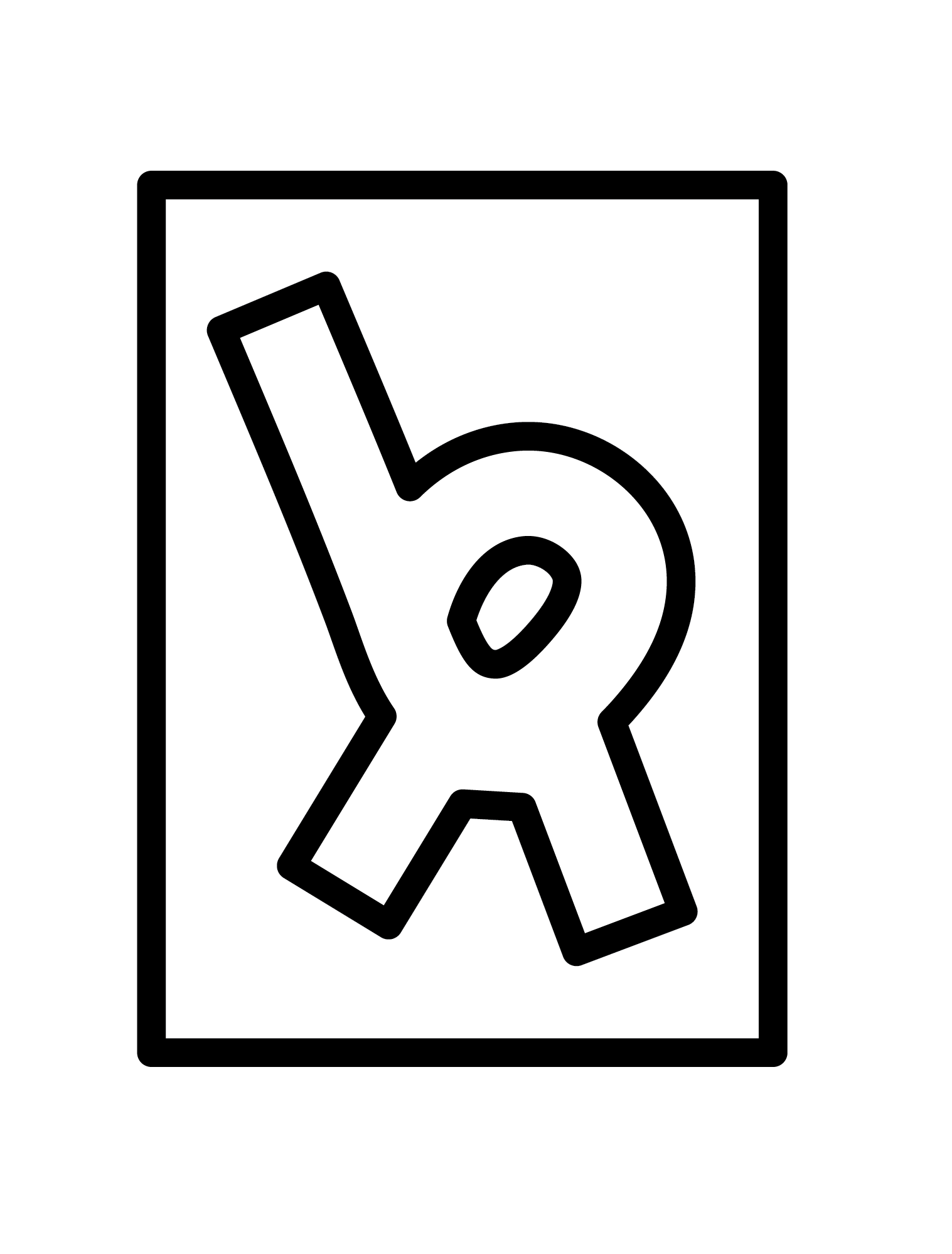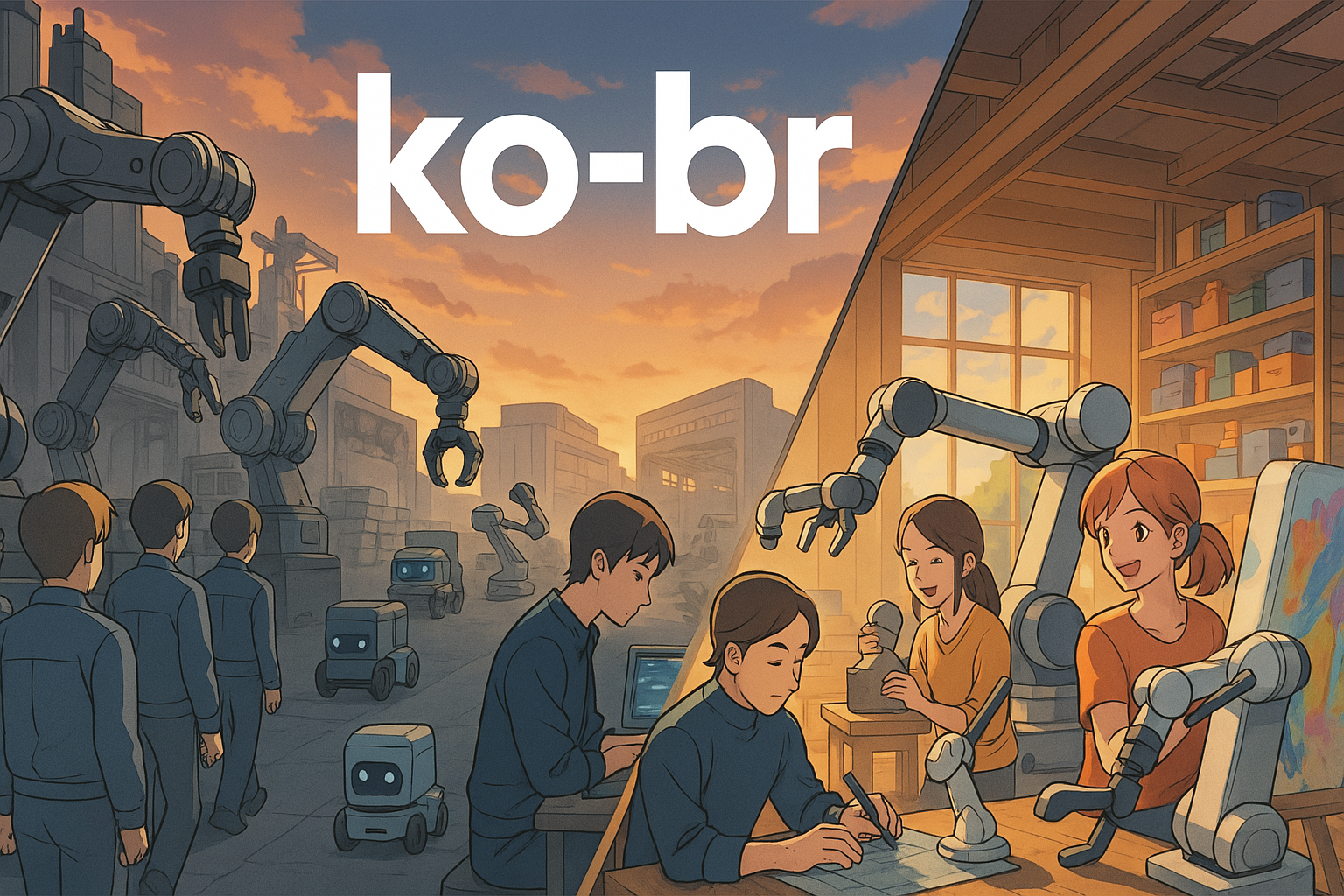


Warehouses hemorrhage £35B annually on rigid automation that crumbles in chaotic environments [1]. Workers remain trapped in dehumanizing roles, while corporations cling to machines that demand human compromise. The industrial hangover persists: 78% of automation projects fail when faced with real-world unpredictability [2].
The status quo is a betrayal of human potential.
ko-br's patent-pending visual guidance system and Data Dignity framework invert this paradigm. We enable robots to learn from workers—not code—through:
We target the adaptive automation niche: 5,000+ palletizing/kitting stations annually requiring human-machine collaboration [4].
| Metric | Year 1 | Year 4 |
|---|---|---|
| Total Station Licenses Sold | 100 | 4,000 |
| Valuation (20x ARR) | £25M | £1B |
We're building infrastructure to turn warehouse workers into robot mentors and system integrators into automation heroes.
"Here's to profits that empower humans, not erase them."
— The ko-br Team
Investors, our ask is £2M pre-seed, with a projected £1B valuation in 4 years. Next steps, read our (if you haven't already) and check out our
P.S. The industrial age forced humans to adapt. The AI age demands machines that adapt to us. Let's discuss how.
[1]: Global warehouse automation waste estimates (McKinsey, 2023).
[2]: MIT Industrial Automation Failure Report, 2022.
[3]: ROI modeling based on pilot outcomes from comparable adaptive robotics deployments.
[4]: Interact Analysis, Warehouse Robotics Forecast 2025.
[5]: 1% of 250,000 global annual palletizing/kitting stations (LogisticsIQ, 2023).
[6]: Covariant's acquisition at 20.8x revenue (Crunchbase).
[7]: ABB/KUKA annual cobot shipment data (IFR, 2023).
[8]: Samsara's 24x ARR multiple at IPO (YCharts).